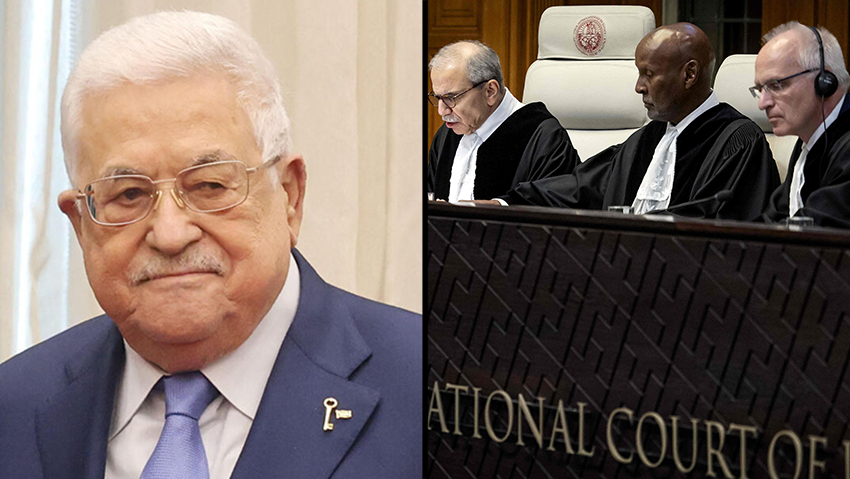The Palestinian Authority is gearing up to present a resolution at the United Nations urging countries worldwide to "distinguish their dealings with Israel from their actions in the occupied territories," specifically referring to the West Bank. This proposal, set to be introduced during the first week of the 70th UN General Assembly, which starts on September 10, aims to put into practice the International Court of Justice (ICJ) ruling that settlements in the West Bank and East Jerusalem violate international law.
The Palestinian proposal will call for the cessation of trade relations with Israel in the West Bank and an embargo on the sale of weapons to Israeli security forces operating in these areas. Additionally, it will address the recognition of a Palestinian state and seek to ensure that the establishment of Israeli diplomatic buildings in these "occupied territories" does not equate to international recognition of Israeli sovereignty over them.
Palestinians will request that the UN ensure that Israel "acts in accordance with international law, including humanitarian law." The PA also plans to ask Switzerland to convene the High Contracting Parties to the Geneva Conventions (HCP) to "determine collective actions to ensure its implementation."
The proposal is expected to include a "timeline for ending the occupation" and models for a two-state solution. The Palestinian Authority is also considering adding a clause to establish a mechanism that would obligate Israel to pay compensation to Palestinians.
The assessment in Jerusalem is that the proposal will be brought to a vote between September 10 and September 24, with a higher likelihood that it will come in the second week of September. The proposal is expected to pass with a majority vote; however, in its initial stage, it will have limited significance or consequences against Israel.
Last month, the International Court of Justice in The Hague published its advisory opinion on the legality of the Israeli occupation in the West Bank and East Jerusalem. The president of the International Court of Justice, Lebanese Judge Nawaf Salam, who has previously spoken extensively against Israel, read out the main points of the advisory opinion for about an hour and a half, stating that "the settlements are illegal and Israeli actions in the West Bank amount to annexation."



